End to Saudi-led aggression, blockade will secure peace in Yemen: Top Houthi official
A senior Houthi official says any possible peace plan to end the Saudi-led war in Yemen must envisage the cessation of the ongoing military campaign, lifting the all-out Saudi blockade as well as adoption of humanitarian and economic measures in favor of the war-ravaged country as demanded by the Yemeni nation.
“We have received a response from the UN special envoy for Yemen (Martin Griffiths) concerning the comprehensive solution plan. We are currently studying it,” Chairman of Yemen’s Supreme Revolutionary Committee Mohammed Ali al-Houthi wrote in a tweet on Wednesday.
وصلنا رد من المبعوث الدولي بخصوص#وثيقة_الحل_الشامل ونعمل على دراسته.
— محمد علي الحوثي (@Moh_Alhouthi) April 15, 2020
ونؤكد أن إيقاف العدوان وفك الحصار واتخاذ التدابير الإنسانية والاقتصادية أولوية الشعب وبوابة السلام الحقيقي، وأن ما قدمناه في وثيقة الحل الشامل لا يحمل أي شروط خاصة وإنما يعبر عن تطلعات الشعب نحو السلام العادل
He added, “What we presented in the plan does not lay down any strict condition, but rather reflect the aspirations of the (Yemeni) people for a durable peace.”
On April 9, the Houthi Ansarullah movement presented to the United Nations a comprehensive peace plan aimed at ending the conflict in Yemen.
The plan reportedly consists of three pivotal issues: it demands a ceasefire and a complete halt to the Saudi-led onslaught, abolition of the tight blockade imposed on Yemen, adoption of economic and humanitarian measures and initiation of the inter-Yemeni political process.
Last Friday, Griffiths gave Yemen’s warring parties revised proposals for a nationwide ceasefire and the urgent resumption of peace talks.
“These proposals represent a realistic and comprehensive package to enable Yemen to break from the violence and suffering of the past and take a historic step toward peace,” Griffiths said in a statement.
The UN Security Council later on Friday reiterated its support for Griffiths, and repeated its call for an immediate cessation of hostilities and “an urgent return to de-escalation.”
Saudi Arabia and a number of its regional allies launched the devastating war on Yemen in March 2015 in order to bring the country’s former president Abd Rabbuh Mansur Hadi back to power and crush Ansarullah movement.
The US-based Armed Conflict Location and Event Data Project (ACLED), a nonprofit conflict-research organization, estimates that the war has claimed more than 100,000 lives over the past five years.
According to the UN, Yemen remains the world’s worst humanitarian disaster as nearly 80 percent of the population requires some form of humanitarian assistance and protection.
Ten million people are a step away from famine while seven million are malnourished, the world body says.
It has also warned that nearly 14 million people depend on humanitarian aid every month.
VIDEO | 85% of Yemeni displaced people face daily hunger crisis
US House passes bill targeting charities and pro-Palestine groups
VIDEO | Supporting Gaza genocide
Hezbollah attacks Israeli forces after Lebanese homes blown up
World leaders, states hail ICC arrest warrants for Netanyahu, Gallant
MP: US accountable for possible Israeli 'foolishness' to attack Iraq
VIDEO | Israeli policies strangle Palestinian agriculture, economy
Iran's president offers condolences to Pakistan over terrorist attack


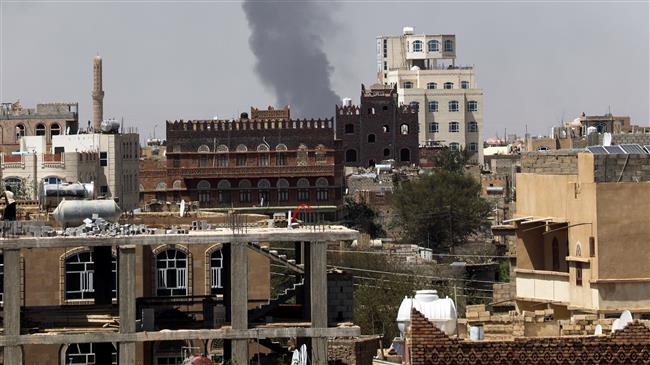



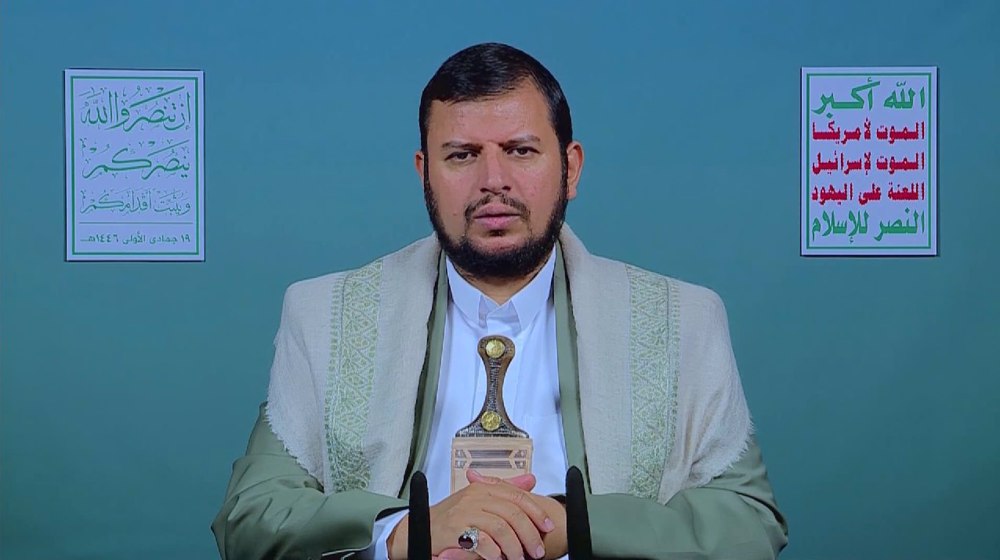
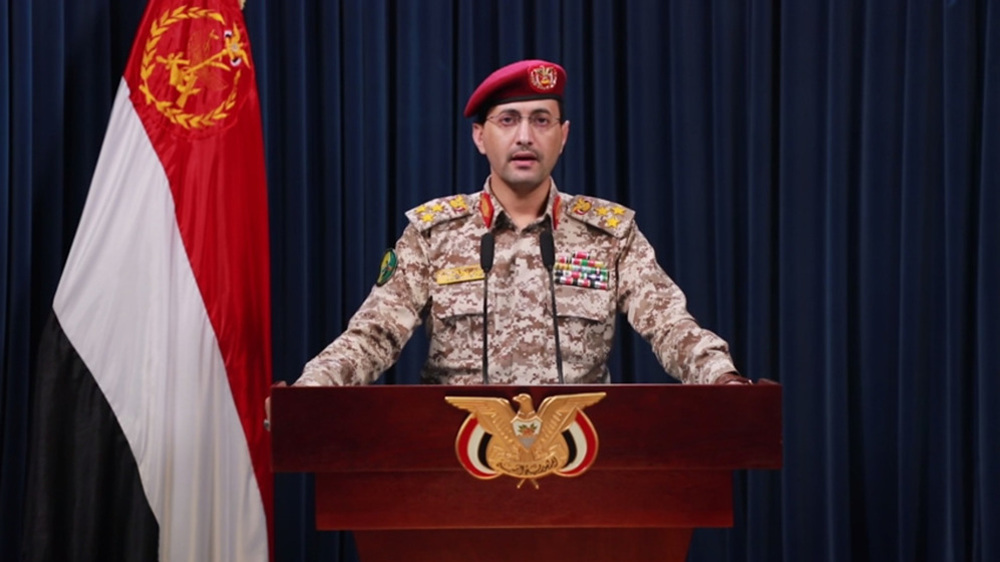
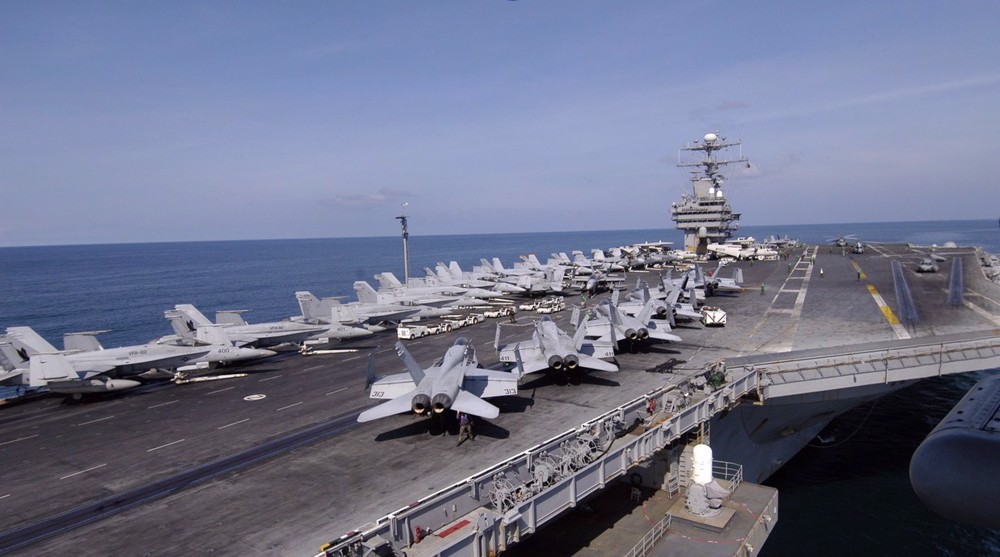



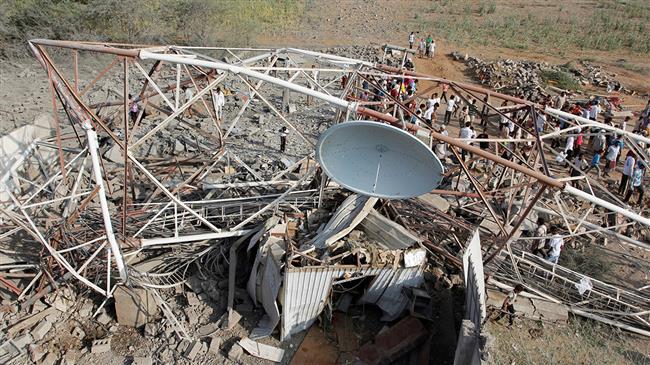
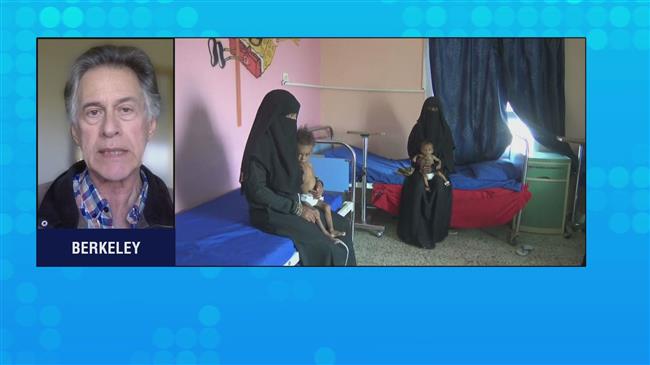
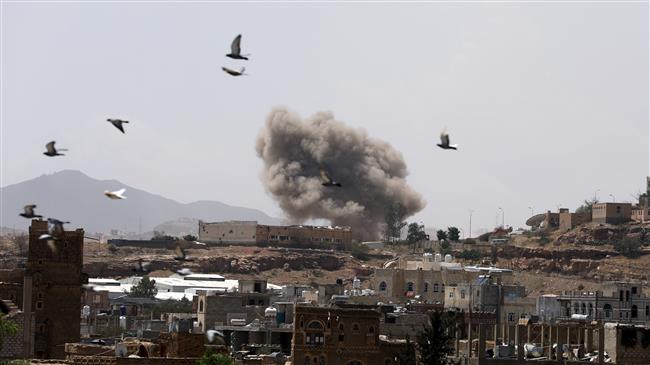
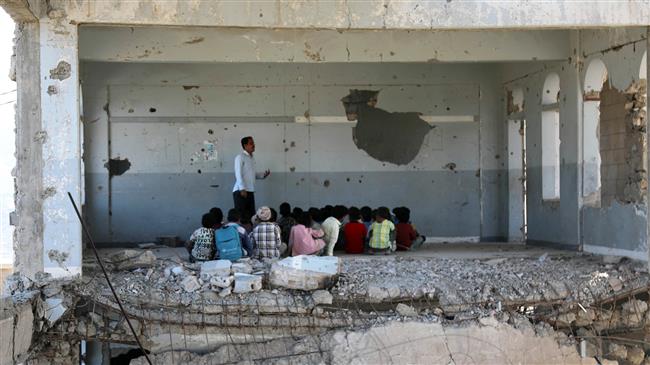
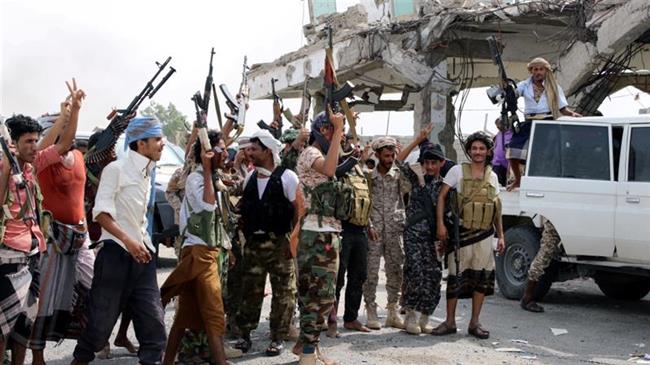
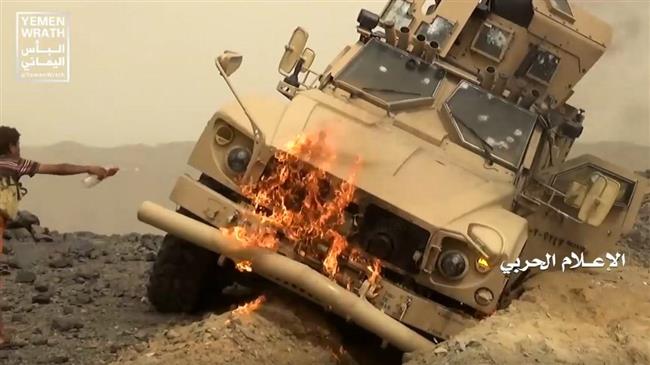

 This makes it easy to access the Press TV website
This makes it easy to access the Press TV website